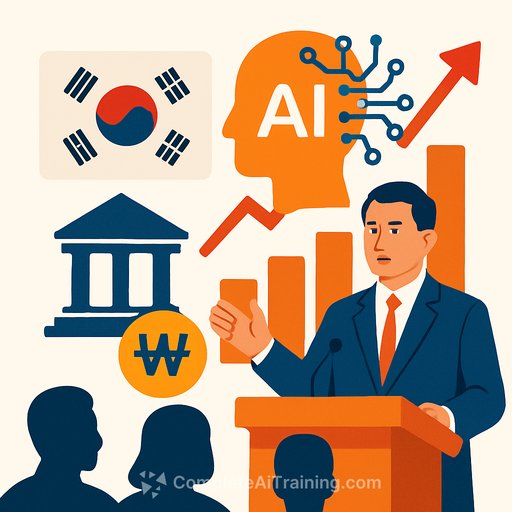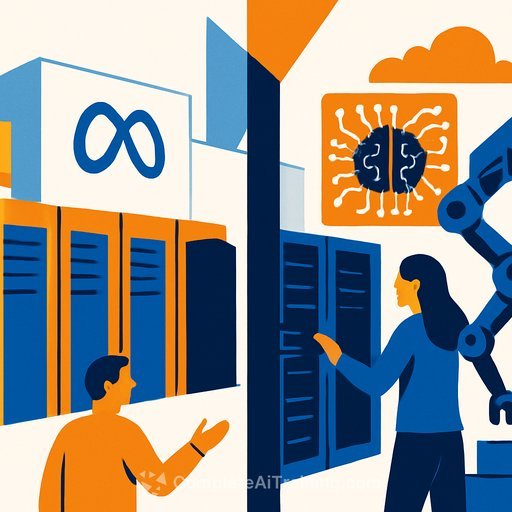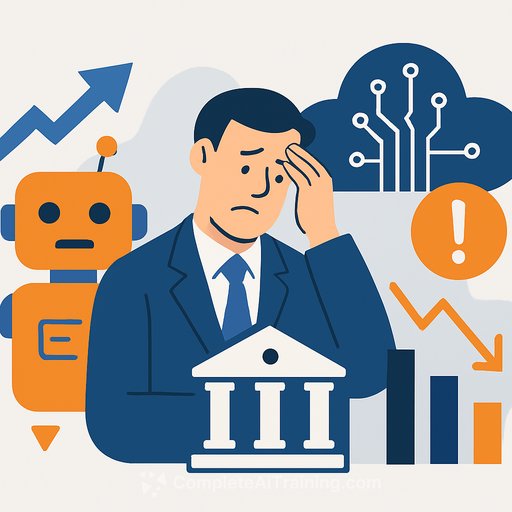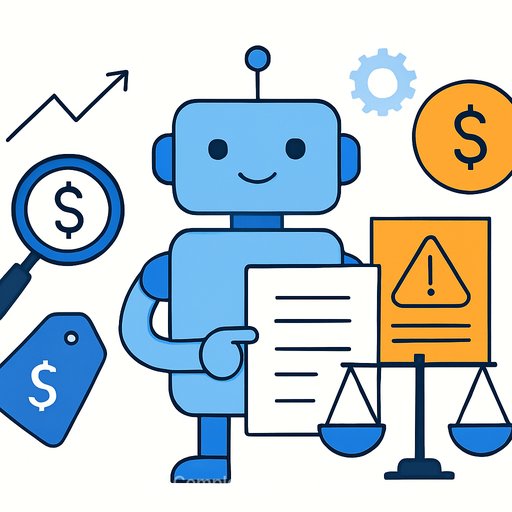Finance Minister Calls on Public Institutions to Drive AI-Led Economic Reform in South Korea
South Korea is setting a clear path to modernize its economy by placing artificial intelligence (AI) at the center of its growth strategy. Finance Minister Koo Yun-cheol urged public institutions to take a proactive role in this transformation during a recent meeting with leaders of 31 major public organizations.
The government’s five-year economic blueprint, introduced by the Lee Jae Myung administration, outlines a vision for a "super-innovation economy" with AI as the core growth engine. While the private sector is expected to lead innovation, public institutions have a vital role in integrating AI into administration and industrial safety, leveraging South Korea’s strengths in manufacturing and technology.
Investment and Ambition Behind the AI Push
Since assuming office in June, President Lee has committed to making South Korea one of the top three AI leaders globally. This commitment includes a significant investment of 100 trillion won (approximately US$71.5 billion) over the next five years to accelerate AI development and deployment across both public and private sectors.
The finance ministry’s call signals a shift in responsibility for public institutions to actively support AI-driven reform, going beyond traditional functions to become catalysts for economic change and operational efficiency.
What This Means for Finance Professionals
- The emphasis on AI in public administration and industrial safety highlights growing opportunities for finance roles that intersect with technology and risk management.
- Understanding government policies around AI investments will be crucial for financial planning, forecasting, and advising within organizations impacted by these reforms.
- Finance teams in public institutions will likely face increased expectations to measure and report on AI-driven efficiency gains and economic impact.
For finance professionals looking to deepen their expertise in AI and its applications, courses specializing in AI for finance offer practical skills to stay ahead. More information on relevant training can be found at Complete AI Training’s finance AI tools.
This strategic push places South Korea on a fast track to integrate AI into its economic framework, with finance leaders positioned to play an essential role in managing and optimizing these transformative changes.
Your membership also unlocks:





